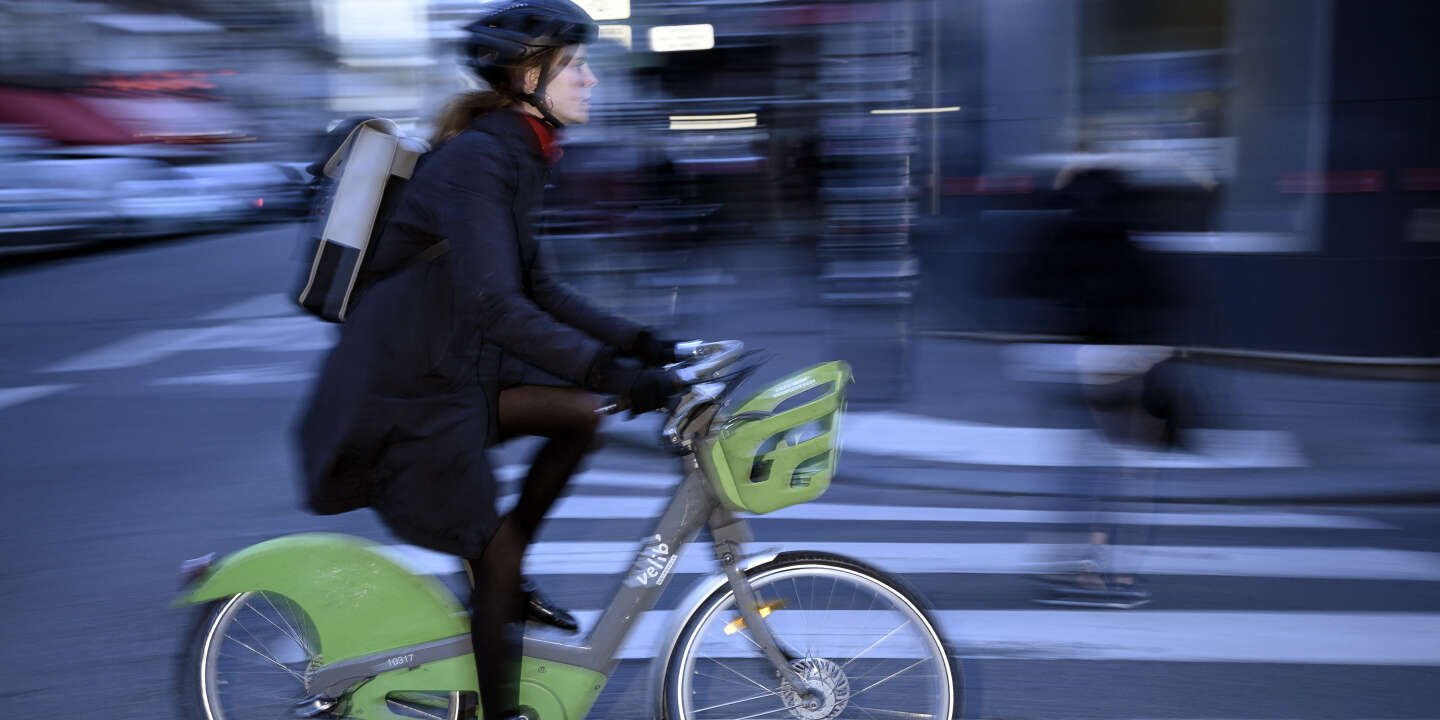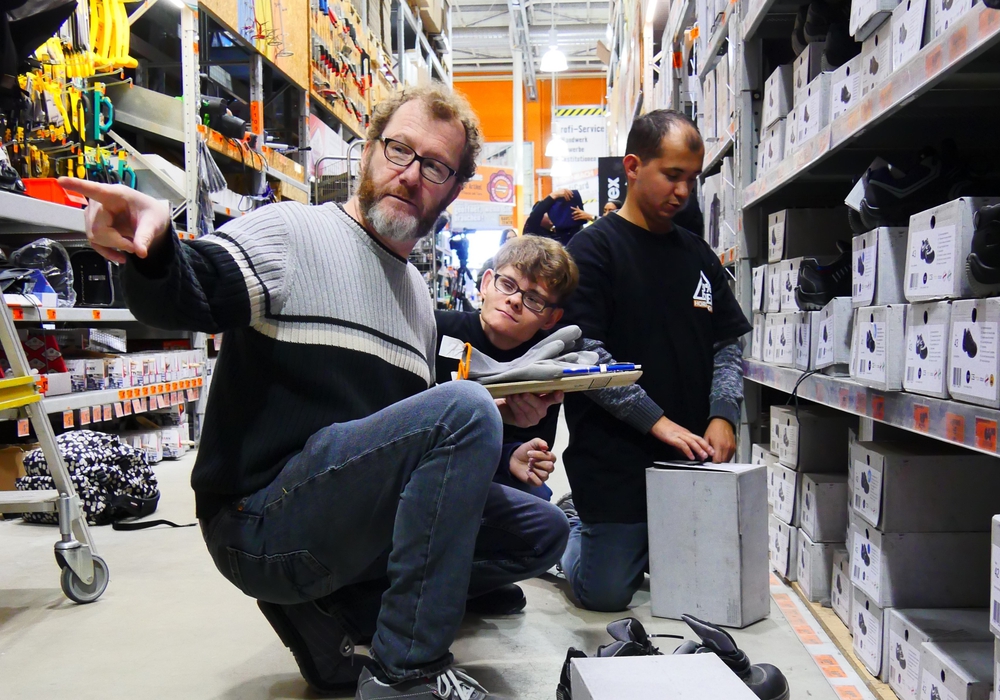Anne Hidalgo could not afford a second fiasco on such a visible file. Three years after the chaotic implementation of a new self-service bicycle offer, the mayor of Paris has agreed to give the private operator Smovengo a helping hand to prevent the Vélib ‘system from seizing up again . Communities will pay more, users too, while the company will tighten its costs.
This is the meaning of the draft agreement which has just been found between Smovengo and the 60 local authorities concerned, under the leadership of the city of Paris. After weeks of backstage negotiations, the text must be submitted, Thursday, February 18, to the vote of the municipalities that are members of the Autolib ‘Vélib’ Métropole Syndicate (SAVM). Its adoption is hardly in doubt, Paris holding a clear majority of the voting rights within the SAVM.
The project should make it possible to save, at least temporarily, the Vélib ‘system. “We obviously do not want a Vélib ‘stop”, explains Sylvain Raifaud, the elected Parisian ecologist placed by Anne Hidalgo at the head of the SAVM.
The risk of another industrial accident seemed real. In 2017, following a call for tenders, local authorities unanimously dismissed JCDecaux – the company that had managed Vélib’d for ten years – and awarded the contract to Smovengo, a consortium bringing together four companies for the occasion, including Mobivia (formerly Norauto) and Indigo, leader in parking. His bikes had to be lighter, more practical, more numerous. In reality, subscribers found themselves faced with closed, empty stations, unusable bicycles, serial bugs. In a few months, the number of users was halved, and in April 2018, the service became almost non-existent due to a strike by some of the staff. It took over a year and a half for Smovengo to pretty much go back up the hill.
High maintenance costs
But in recent months, its leaders have raised a new alarm. The SME is losing too much money. She cannot go on like this. “A huge growth crisis”, summarizes Sylvain Raifaud. This is partly to blame for the faster-than-expected growth of electric bikes. They only represent 35% of the Vélib ‘fleet, but 60% of the 118 million kilometers traveled in 2020. Subject to intensive use, these electrically assisted bicycles incur high maintenance costs.
The leaders of Smovengo are therefore calling for help. To continue the activity, they ask for a financial extension, of about 50%, according to The chained Duck. Instead of receiving 40 million euros per year from the SAVM, they would like to receive 60 million. Or a bonus of 240 million euros over the duration of the contract!
You have 49.81% of this article to read. The rest is for subscribers only.
–


